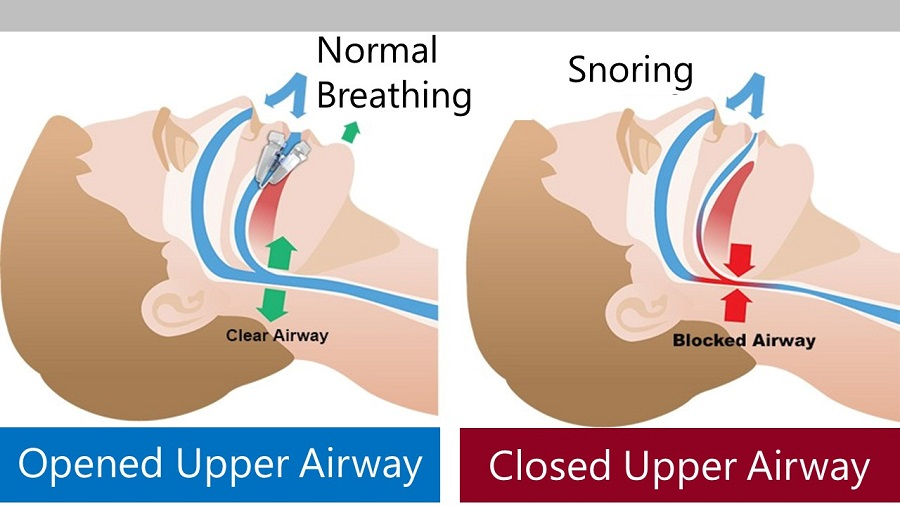How to Stop Snoring

I. Introduction
Snoring is a common problem that affects people of all ages and genders. The noise occurs when air flows past relaxed tissues in the throat, causing them to vibrate during sleep. While snoring is often harmless, it can be a sign of a more serious condition called sleep apnea. In this article, we will discuss various ways to stop snoring and improve your sleep quality.
II. Lifestyle Changes
Carrying excess weight can contribute to snoring by putting pressure on the airways. Losing weight through diet and exercise can help reduce snoring in overweight individuals.
- Quitting smoking
Smoking cigarettes is associated with increased snoring and can also cause inflammation in the airways, making it harder to breathe. Quitting smoking can not only help reduce snoring but also improve overall health.
- Avoiding alcohol and sedatives
Alcohol and sedatives can relax the muscles in the throat, causing snoring. Avoiding these substances before bedtime can help reduce snoring and improve sleep quality.
- Sleeping on your side
Sleeping on your back can cause the tongue and soft tissues in the throat to collapse, leading to snoring. Sleeping on your side can help keep the airways open and reduce snoring.
III. Home Remedies
- Practicing mouth and throat exercises
In one study, three months of mouth exercises led to a 59% reduction in snoring. These exercises involve strengthening the muscles in the tongue and throat, which can help prevent them from collapsing during sleep. Some popular exercises include singing, playing a wind instrument, and doing tongue and throat exercises.
- Using nasal strips or dilators to open nasal passages
Adhesive nasal strips placed on the bridge of your nose lift your nostrils open to improve airflow.
Another option is to use nasal dilators, which are small plastic or rubber devices that are inserted into the nostrils to keep them open.
- Mouth taping
Mouth taping involves using a small piece of tape to seal your mouth shut during sleep. This can help prevent the tongue from falling back into the throat and causing snoring.
IV. Medical Treatments
- Continuous Positive Airway Pressure (CPAP) machine
A CPAP machine is a medical device that uses air pressure to keep the airways open during sleep. It consists of a mask worn over the nose or mouth and a machine that delivers a continuous flow of air. CPAP therapy is often recommended for individuals with moderate to severe sleep apnea.
- Oral appliances
Oral appliances are custom-made devices that are worn in the mouth during sleep. They work by repositioning the jaw or tongue to keep the airways open. Oral appliances are often recommended for individuals with mild to moderate sleep apnea or snoring.
- Surgery
Surgery may sometimes be recommended to treat snoring or sleep apnea. Surgical options include uvulopalatopharyngoplasty (UPPP), which involves removing the excess tissue from the throat, and maxillomandibular advancement (MMA), which involves moving the upper and lower jaws forward to open up the airways.
V. Conclusion
Snoring can be a nuisance for both the snorer and their sleeping partner. Fortunately, there are many ways to reduce snoring and improve sleep quality. Lifestyle changes such as losing weight